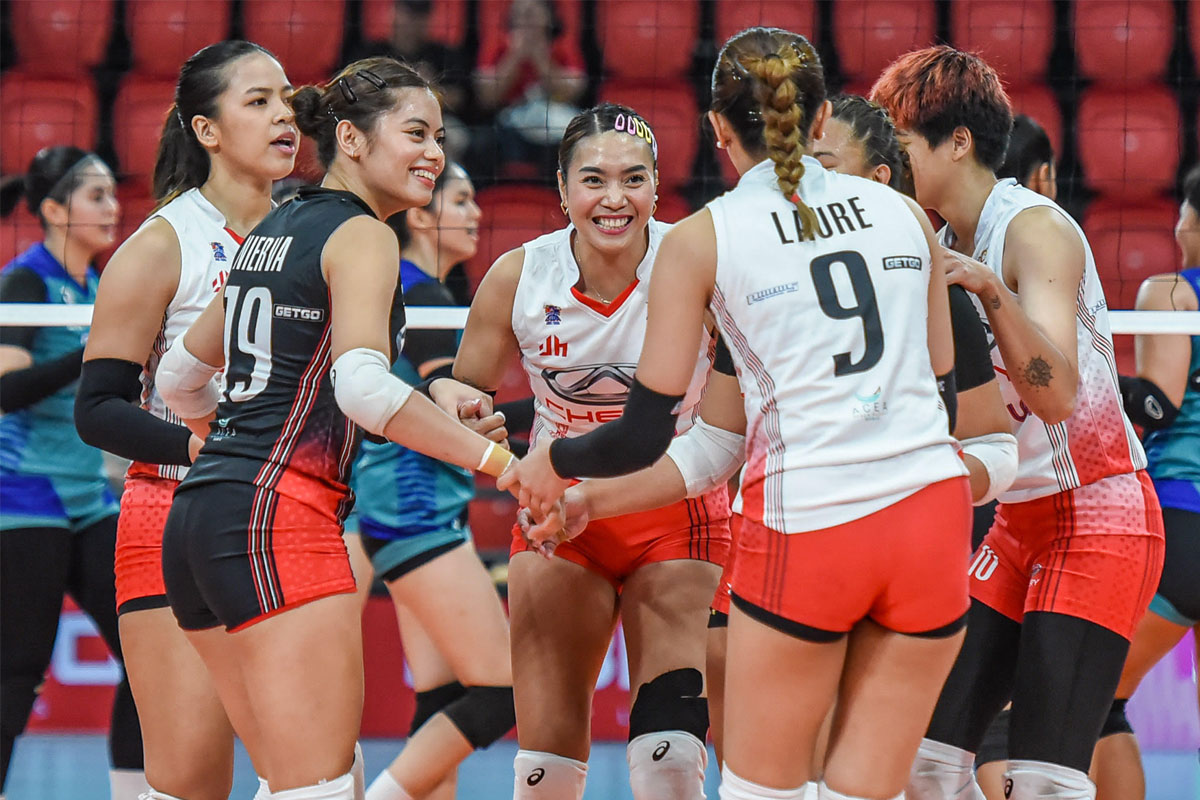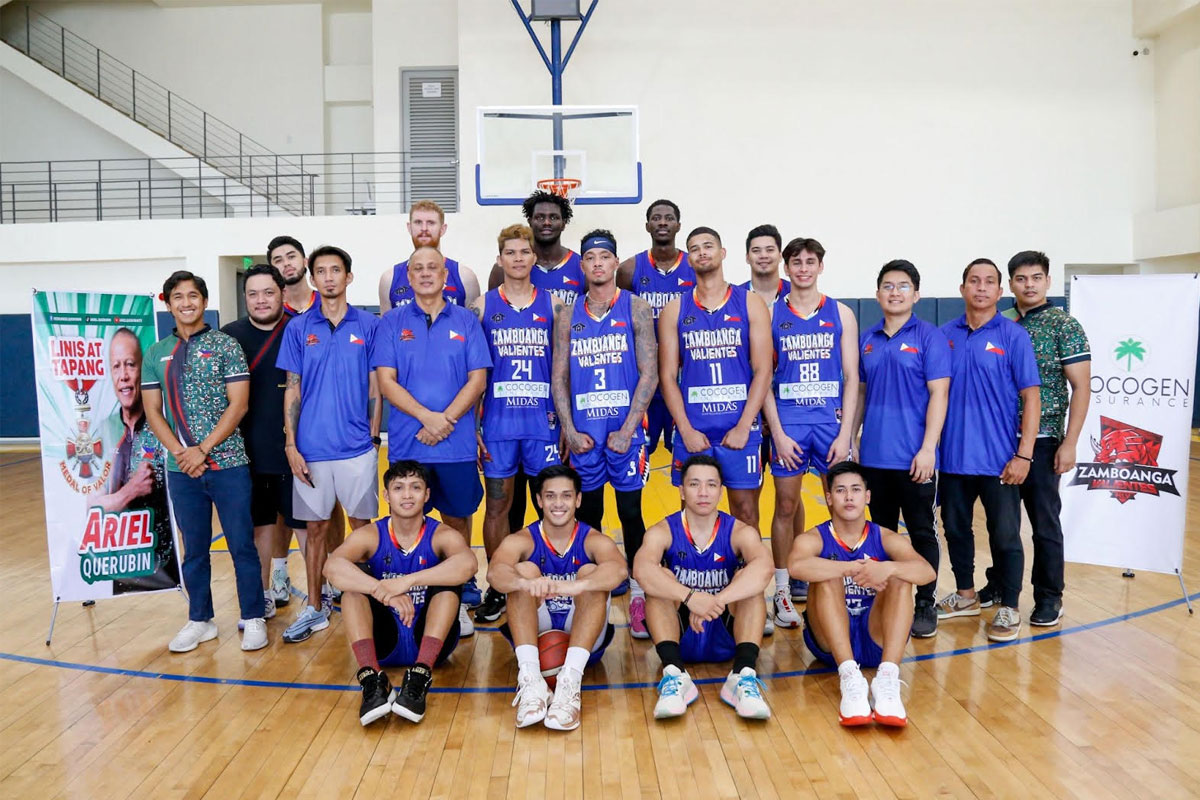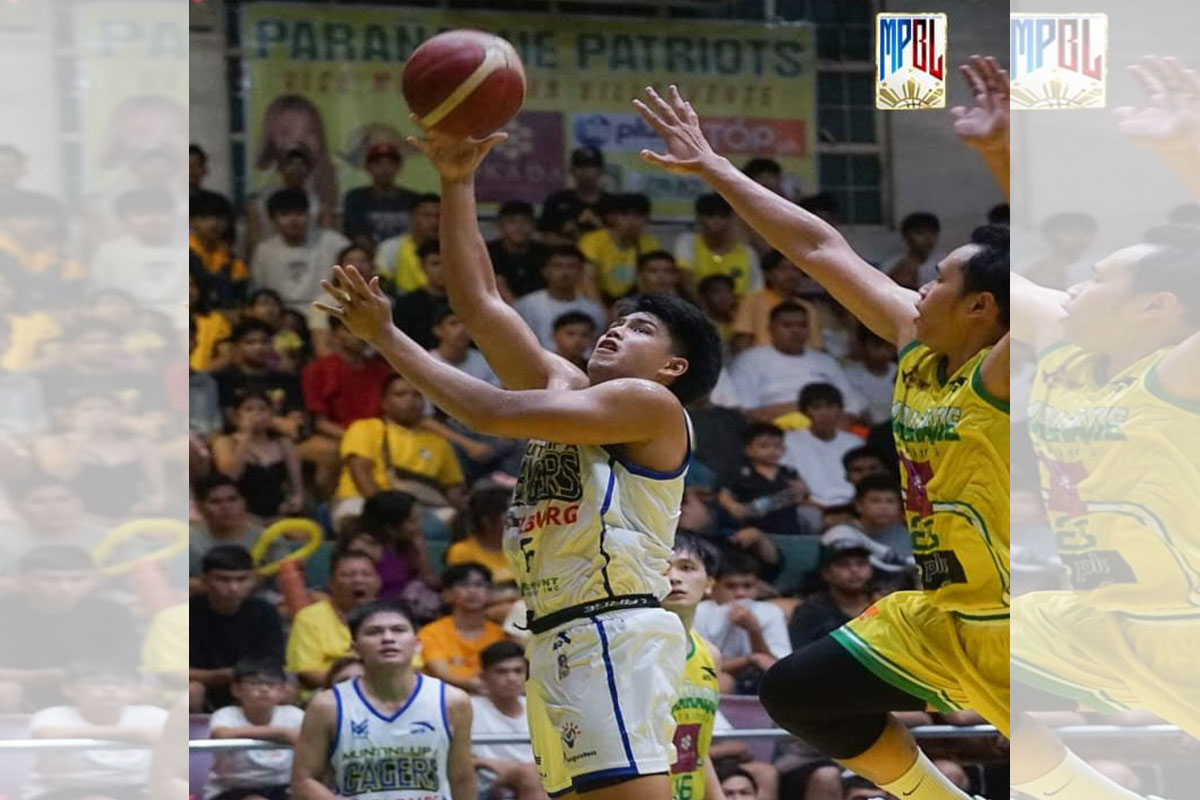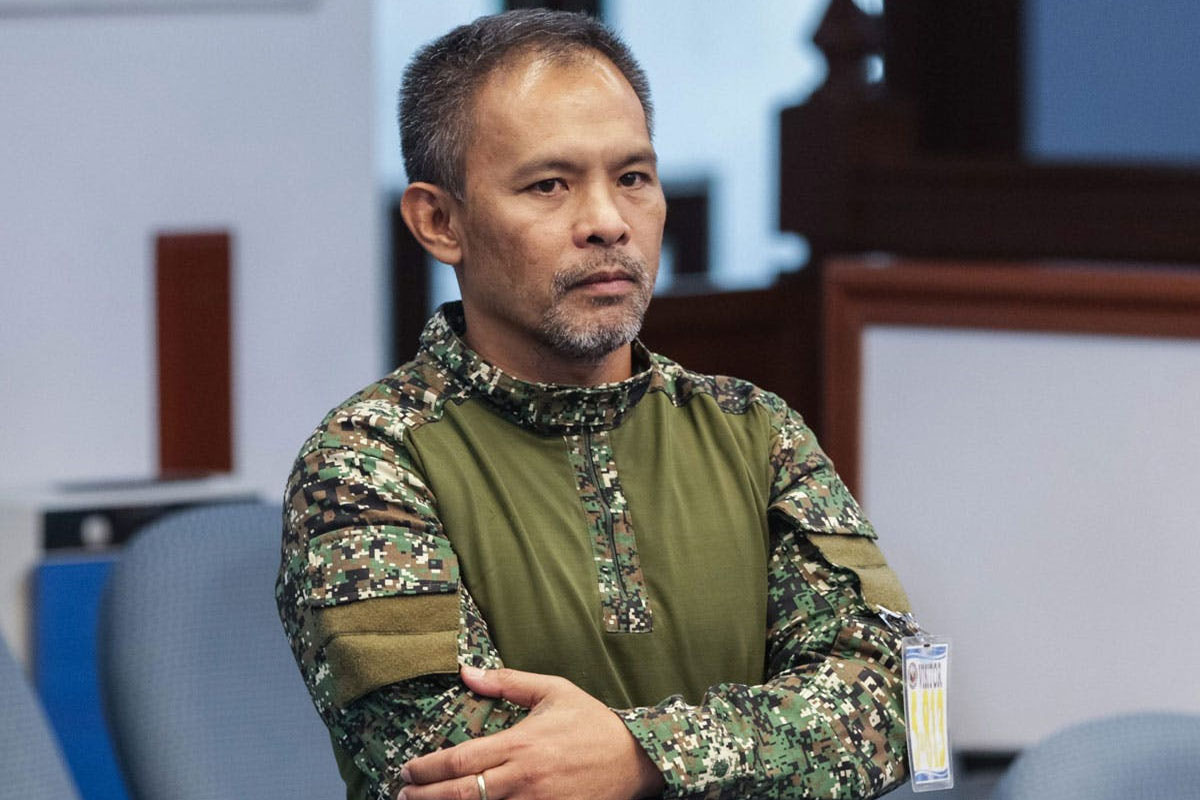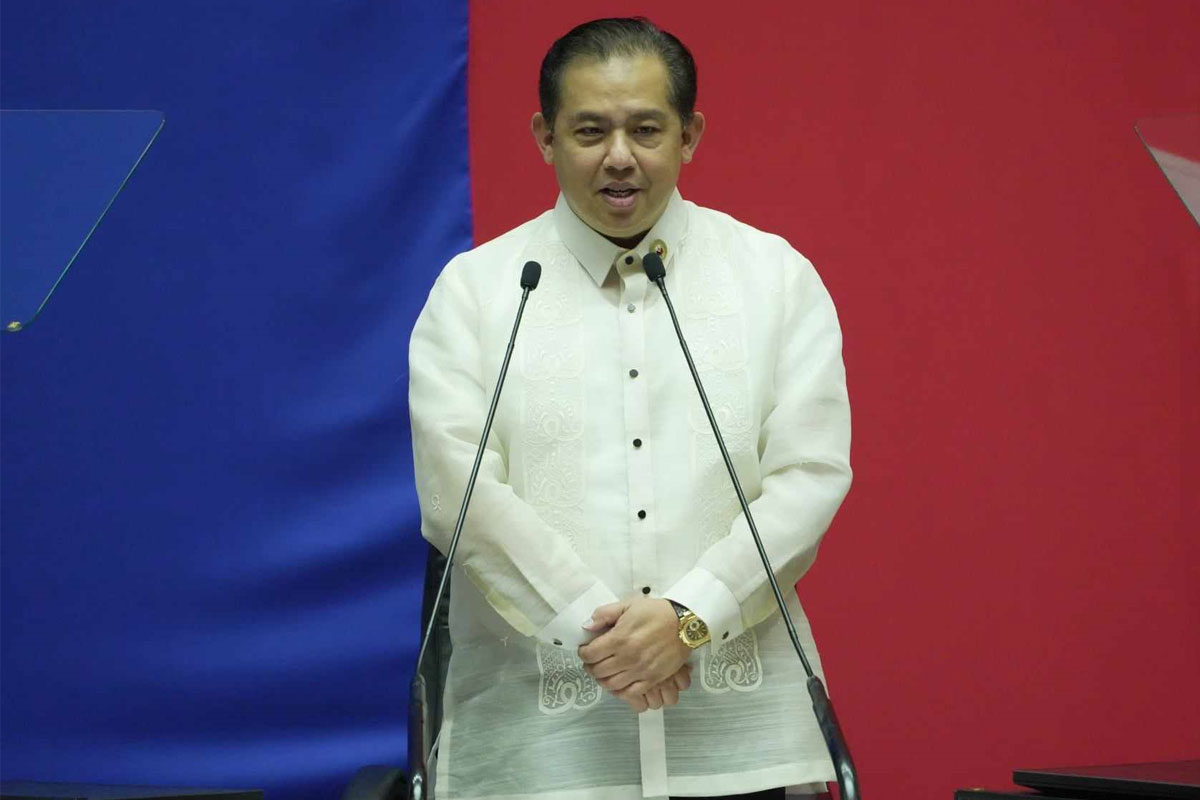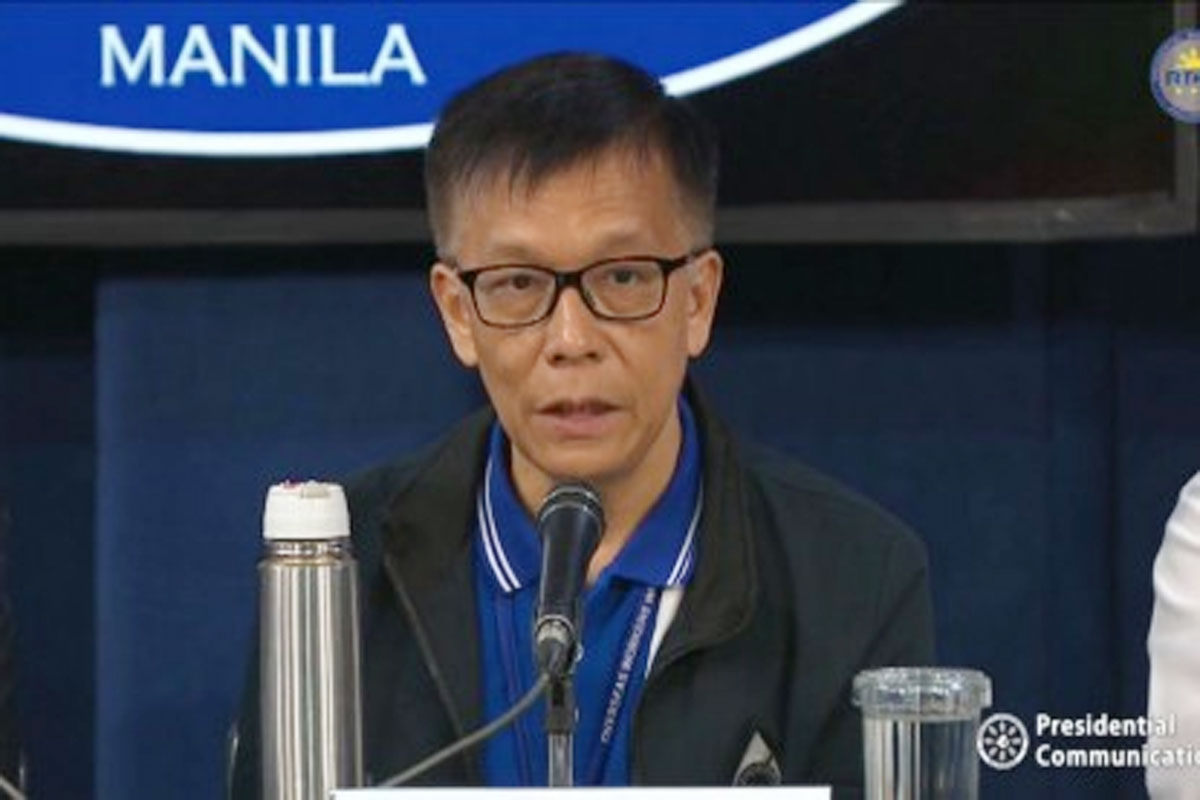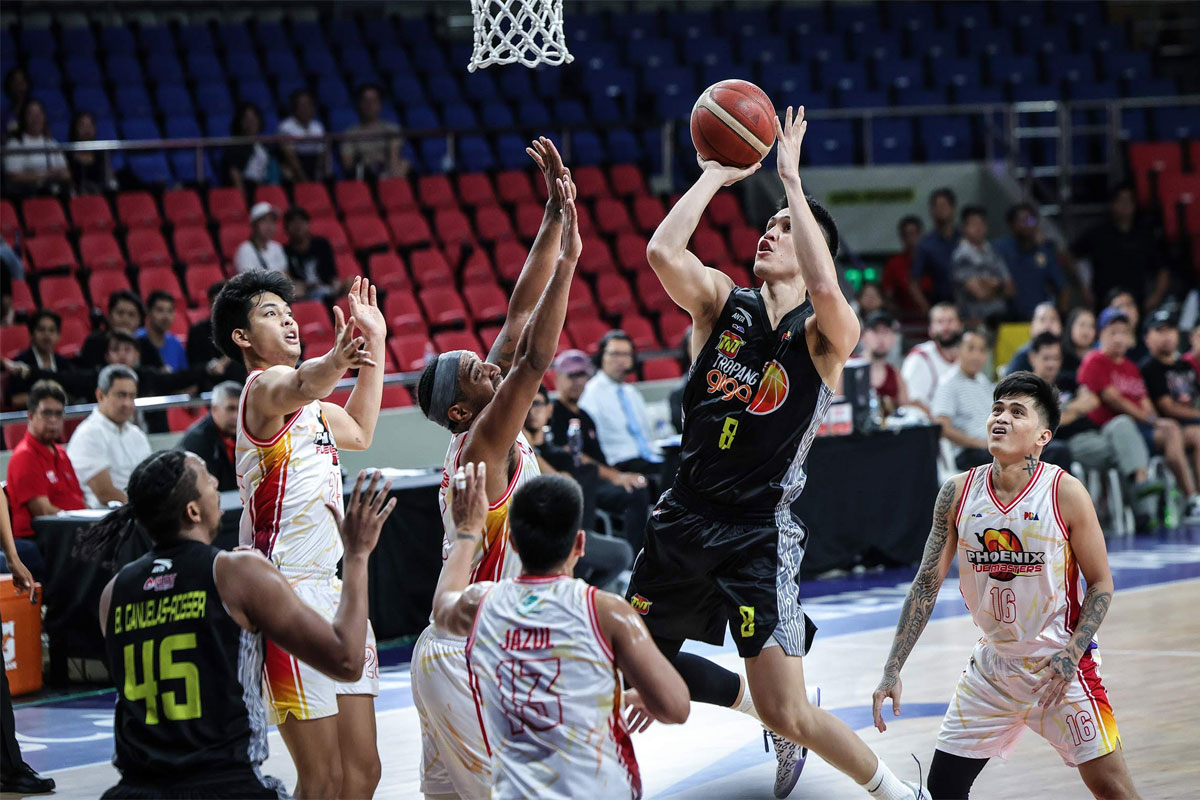
Eleazar: PNP to turn SC webcam rules into official operational guidelines
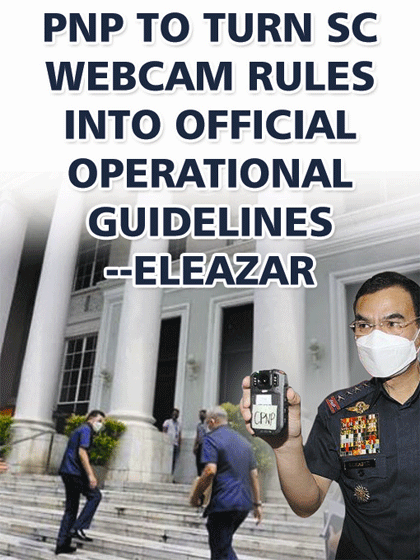 ACTING on a Supreme Court (SC) order, the Philippine National Police (PNP) headed by General Guillermo Lorenzo T. Eleazar is set to incorporate the rules crafted by the High Tribunal into official PNP guidelines on the use of Body-Worn Cameras (BWCs) especially in the conduct of drug arrests and seizures, the Journal Group learned.
ACTING on a Supreme Court (SC) order, the Philippine National Police (PNP) headed by General Guillermo Lorenzo T. Eleazar is set to incorporate the rules crafted by the High Tribunal into official PNP guidelines on the use of Body-Worn Cameras (BWCs) especially in the conduct of drug arrests and seizures, the Journal Group learned.
This as Gen. Eleazar ordered the PNP Directorate for Operations headed by Major Gen. Alfred S. Corpus and the PNP Directorate for Investigation and Detective Management headed by Major Gen. Arnel B. Escobal to form a Technical Working Group (TWG) which will incorporate the SC webcam rules in their operational procedures.
The PNP chief said the TWG will also come up with modules that will be used in the training and seminar programs on all legal aspects of the use of BWCs to the police units which received the units last month.
The PNP launched the BWC System on June 4 to ensure transparency and legitimacy of law-enforcement operations. Initially, a total of 2,696 body cameras were distributed to 171 police stations and offices.
Based on SC’s Administrative Matter 21-06-08 SC issued last June 29, law enforcement officers are now required to use BWCs when implementing search and arrest warrants.
The High Tribunal said failure of law enforcers to comply with the new rules will render the evidence seized inadmissible for the prosecution of the offense for which the search warrant was applied.
Likewise, the law enforcers who fail to wear, interfere with or manipulate the camera shall be liable for contempt of court. The new rules also requires law enforcers to wear at least one body camera and one alternative recording device.
In case the body cameras are unavailable, the law enforcers shall file a motion before the court asking permission that they be allowed to use an alternative device for justifiable reasons.
It also said that the body cam’s video and audio recording functions shall be activated as soon as the officers arrive at the place of arrest and shall not be deactivated until the arrest has been fully concluded the law enforcers have taken the arrested person to the nearest detention facility.
“Failure to observe the requirement for using body-worn cameras or alternative recording devices shall not render the arrest unlawful or render the evidence obtained inadmissible,” it said.
On the other hand, applicants for the search warrant shall indicate the availability or unavailability of the body cameras. In case of unavailability, request for the use of alternative recording devices can be allowed.
Law enforcers, as early as practicable shall inform the occupants of the premises subject of the search warrant that it will be conducting a search warrant issued by the court and that its execution is being recorded.
The cameras’ video and audio recording functions shall be activated as soon as the law enforcers arrive at the place to be searched. It shall be deactivated only upon reaching the police station.
In both instances, the high court said the recordings shall be stored in an external media storage and simultaneously deposited in a sealed package with the issuing court.
It will be accompanied by an affidavit detailing the date, time, place of recording, and other circumstances surrounding the implementation of either the arrest warrants or search warrants.
Downloading of the data from the body cameras or alternative devices shall be witnessed by the subjects of the recording and their counsels. The high court also provided a chain of custody of the recordings to avoid improper access, review, and tampering.
A WELCOME MOVE
Gen. Eleazar expressed the PNP’s sincerest gratitude to the High Tribunal headed by Chief Justice Alexander Gesmundo for helping the PNP craft a legal framework on the use of police webcams.
He said that it was the PNP, thru Department of Interior and Local Government (DILG) Secretary Eduardo M. Año and Justice Sec. Menardo Guevarra which ‘sought the wisdom of our SC Justices at kami ay natutuwa at nagpapasalamat na tayo ay pinagbigyan ng ating mga mahistrado.”
“On behalf of the men and women of the Philippine National Police, I extend my sincerest gratitude to the Supreme Court led by Chief Justice Alexander Gesmundo for supporting us in our effort to further professionalize our organization and to strengthen a human rights-based approach in the conduct of our operations,” said Gen. Eleazar.
“Sa panig ng inyong PNP, tinitiyak namin na ang panuntunan na pinaghirapan at pinaglaanan ng mahabang oras ng ating mga Mahistrado ay isa sa mga magiging instrumento upang gawing normal ang konsepto ng transparency at accountability sa isip at sa gawa ng bawat miyembro ng inyong kapulisan,” he said.
The SC Rules on the Use of Body-Worn Cameras in the Execution of Warrants will take effect after its publication on the Official Gazette or two newspapers of general circulation.
“The rules on the use of the body-worn cameras crafted by the High Court is big help to erase doubts and speculations in the conduct of our operations, especially in our aggressive campaign against illegal drugs,” Gen. Eleazar explained.
“Ito ay isa na namang pagpapatunay na walang itinatago ang PNP at sa halip ay patuloy na nakikiisa sa layunin na maging tama at maayos ang pagtupad sa aming mandato na panatilihin ang kapayapaan at kaayusan sa ating bansa,” he added.
MORE BODYCAMS NEEDED
Currently, the PNP still needs more or less 30,000 BWC units to cover all police stations and units.
But the PNP leadership has already taken the initiative to obtain more BWC units from donations of Local Government Units (LGUs) and private individuals and groups.
Gen. Eleazar said the PNP is already coming up with the information kit on the BWCs that would be given to the potential donors in order to ensure that those which would be donated are compatible with the system that was delivered to the PNP early this year.
Recently, the Public Safety and Savings and Loan Associations, INC, (PSSLAI) heeded the call of Gen. Eleazar by committing to donate five sets of BWCs to the PNP. Each set, composed of 16 BWC units and other accessories, costs approximately P2 million.
Gen. Eleazar revealed that there are also a number of local chief executives, private individuals and groups that have already signified interest to donate BWCs to the PNP.
He said the BWCs will support their effort to further promote transparency in the conduct of law enforcement operations specifically when it comes to serving warrants of arrest and search warrants for violation of Republic Act 9165 or the Comprehensive Dangerous Drugs Act of 2002.
Gen. Eleazar said PSSLAI officials led by retired Gen. Lucas Managuelod signified their intention to donate BWCs in a recent activity wherein he was appointed as the Chairman Emeritus of the financial institution that caters to the financial needs and stability of police and jail management personnel.
“On behalf of the men and women of the PNP, ipinapa-abot ko ang pasasalamat sa PSSLAI sa kanilang commitment na mag-donate ng limang sets ng body-worn cameras. Ito ay malaking tulong upang matiyak ang transparency at accountability sa pagganap ng aming tungkulin,” the PNP chief said.
The PNP launched the body-worn camera system on June 4 to ensure transparency and legitimacy of law-enforcement operations.
“I understand that it will take billions of fund from the national government to complete the 30,000 units of body-worn cameras that the PNP still needs kaya kami po ay patuloy na gumagawa ng paraan upang makakuha ng mga ito sa pamamagitan ng malakas na ugnayan sa ating mga LGUsat mga pribadong indibidwal at grupo na handang tumulong sa kapulisan sa adhikaing ito,” Gen. Eleazar said.
He said the initial objective is to equip the Provincial and Station Drug Enforcement Units as well as the National Support Units that include the Criminal Investigation and Detection Group, the Maritime Group and the Highway Patrol Group.
Aside from PSSLAI, Gen. Eleazar said other private groups such as the Ayala Foundation have already signified intention to help the PNP procure more BWCs.
“Currently, we are drafting a fact sheet, which will serve as a guide for donors, containing all the specifications of a body-worn camera that is compatible with the system recently procured by the PNP,” the PNP chief added.


